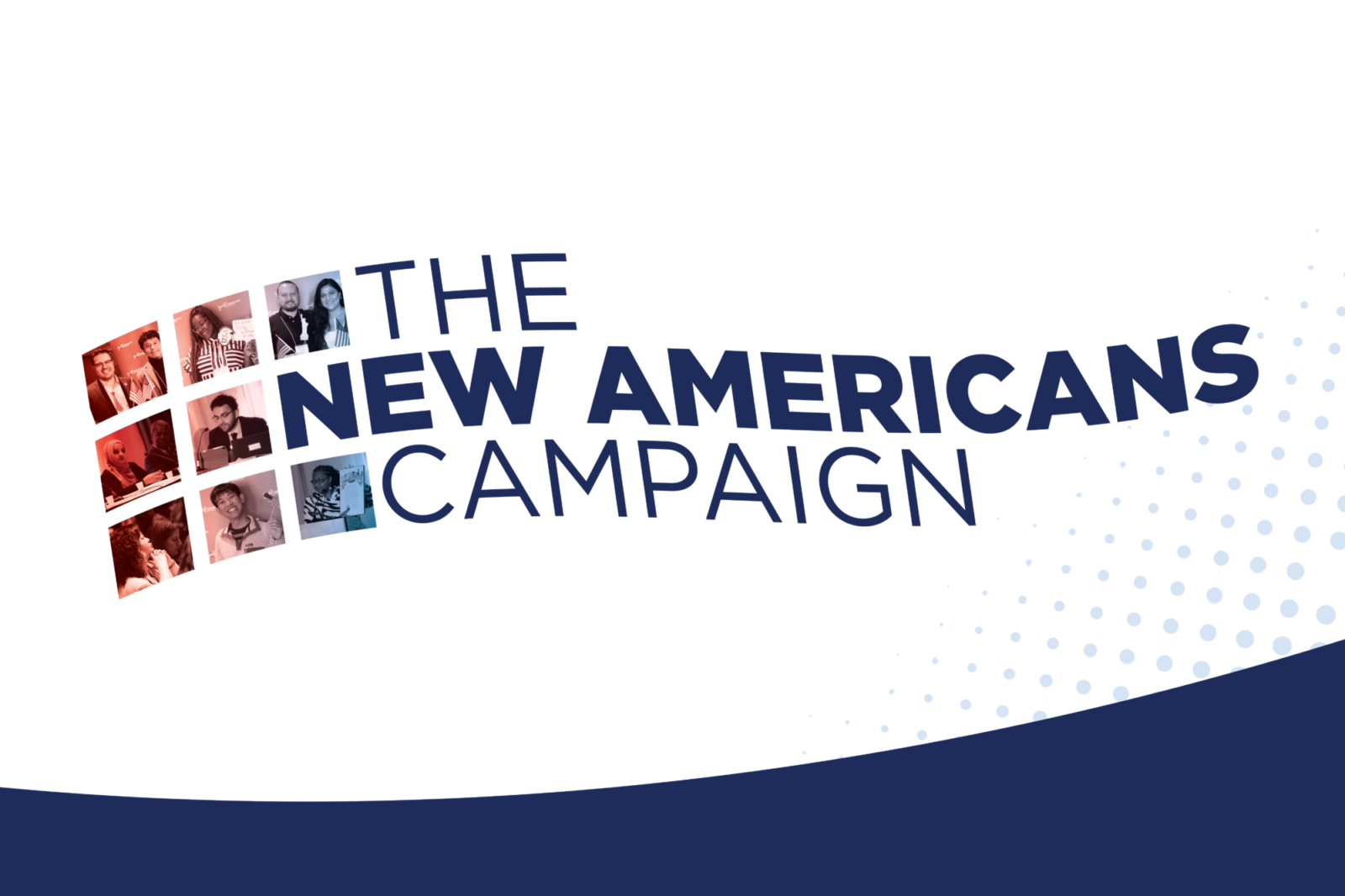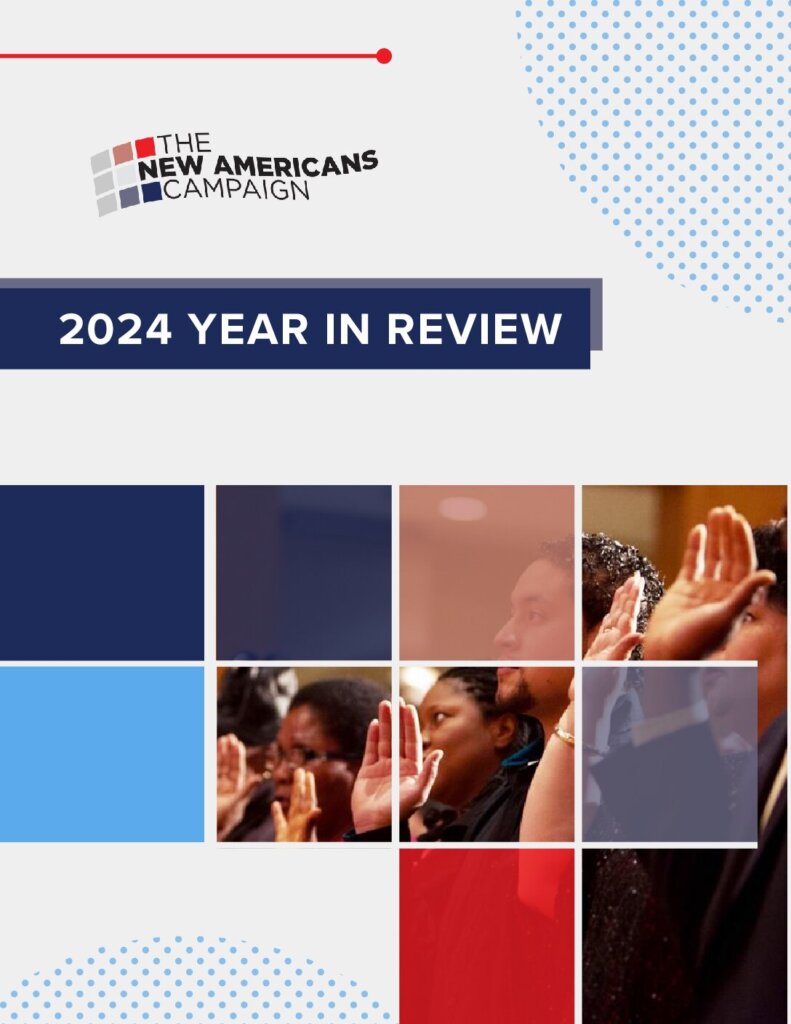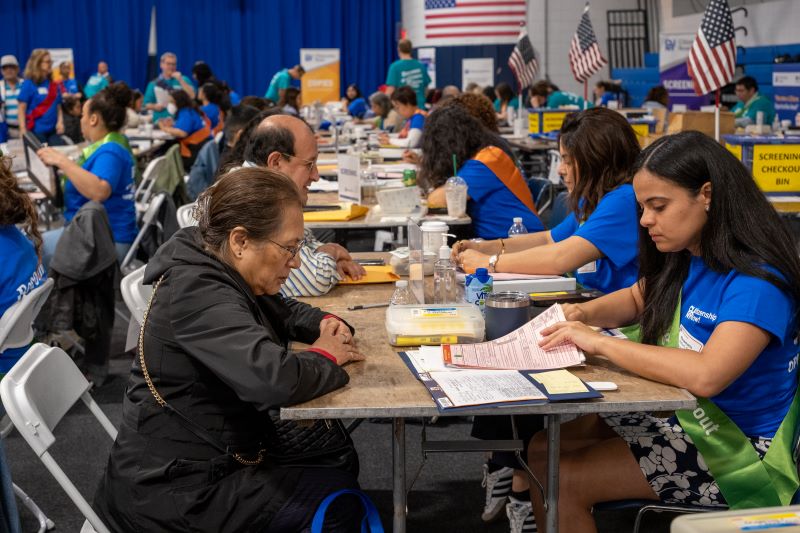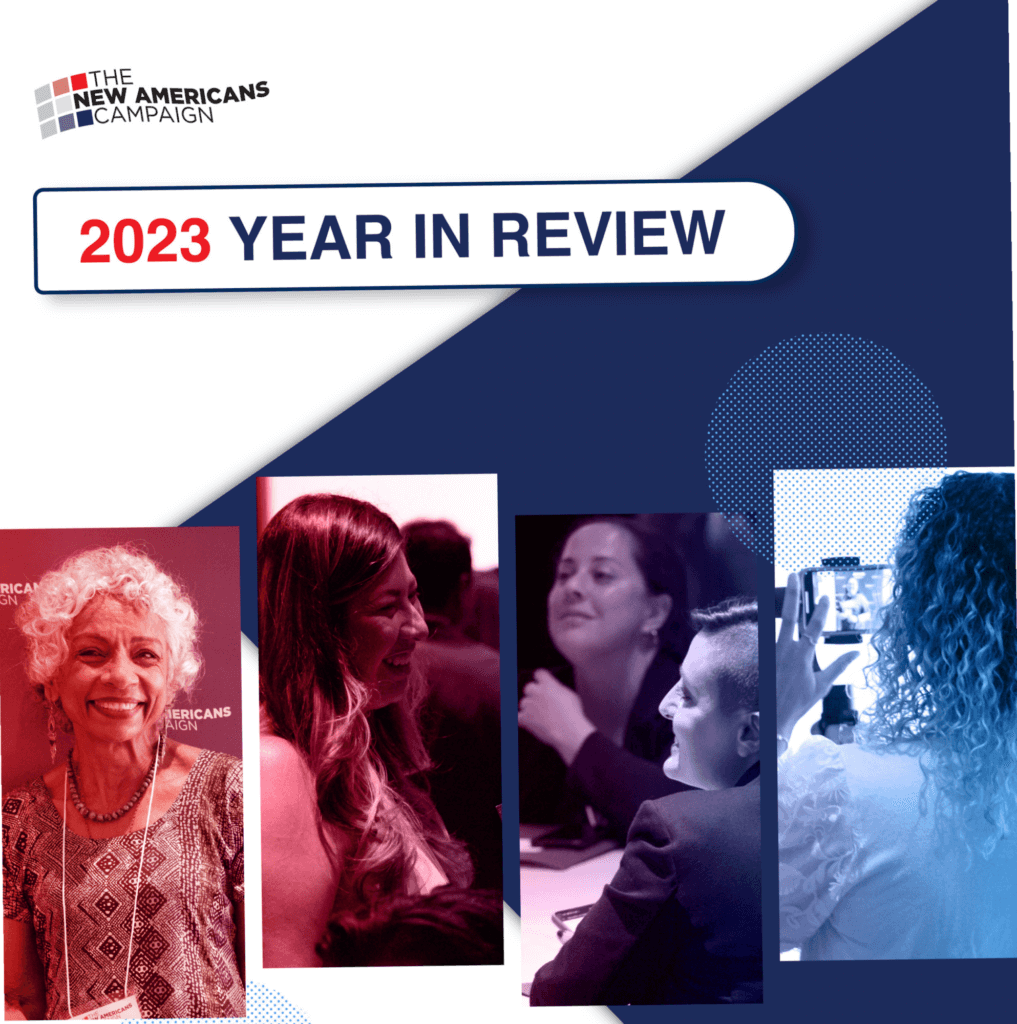New Report Underscores Need to Reduce Citizenship Bottlenecks

Explore More
A national study released this month, The State of New American Citizenship, concludes that it is becoming much harder for legal residents to realize their dreams of getting green cards or becoming citizens. “The data doesn’t lie,” says Xiao Wang, Co-Founder of Boundless Immigration, a Seattle-based technology company that conducted the study. “In the last two years, the process is moving more slowly, backlogs are getting longer, and the denial rates are going up.”
Also this month, AILA published a policy brief detailing “crisis-level delays” in U.S. Citizenship and Immigration Services (USCIS) processing of a wide range of applications and petitions for immigration benefits, how USCIS policies exacerbate the slowdown, and options available to USCIS and Congress to remedy the issue. Taken together, the reports provide a clear call to action to reduce citizenship bottlenecks.
From initial application to the final naturalization ceremony the process can, at its slowest, take up to eight times longer than it did in 2014, while for most applicants the wait has doubled over the past two years. This hold-up is not the same everywhere, however; it varies across cities and USCIS field offices. The report from Boundless Immigration reveals that where an immigrant lives can significantly impact the length of the naturalization process and it ranks the best (and the worst) cities in which to apply.
Boundless Immigration co-founder and report author, Doug Rand, compared how eligible immigrants across the U.S. become naturalized, ranking 103 major metropolitan areas and 86 USCIS field offices according to three major obstacles that create bottlenecks:
1) The backlog rate for completing citizenship applications;
2) The median wait time; and
3) The distance to the nearest USCIS field office.
Rand and his colleagues then synthesized multiple government data sets to determine overall ease of naturalization for eligible immigrants. Cleveland, OH; Riverside, CA; and Louisville, KY are the top three best overall metro areas for immigrants applying to become citizens. Texas is home to all three of metro areas in which it is most difficult for immigrants to obtain citizenship, which include Austin, Houston, and Dallas. To read the Executive Summary with the complete city rankings click here.
“The fact that our naturalization system is getting slower and more capricious is a cause for great concern,” according to Melissa Rodgers, Director of Programs at the Immigrant Legal Resource Center and director of the New Americans Campaign. “The State of New American Citizenship report confirms the challenges our campaign partners have experienced across the country. For qualified immigrants who live, work, and raise their families in America, achieving U.S. citizenship is critical to full participation and integration. It is also in our nation’s best economic interest.”
The report points out that if the 9 million lawful permanent residents eligible to become citizens are able to complete the process, they increase their chance of securing jobs that will boost their annual incomes by 8 percent to 11 percent and produce positive ripple effects throughout the national economy.



